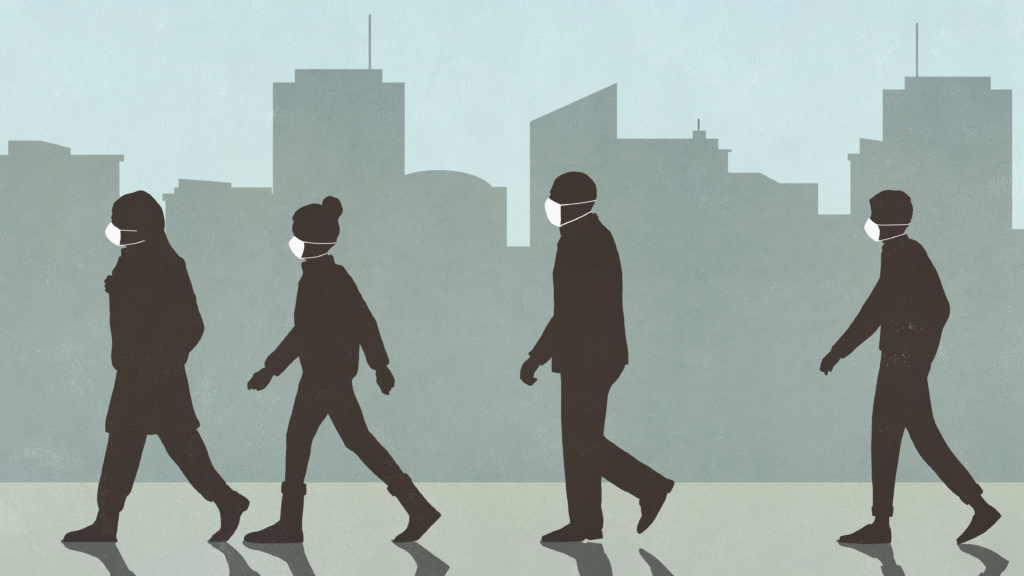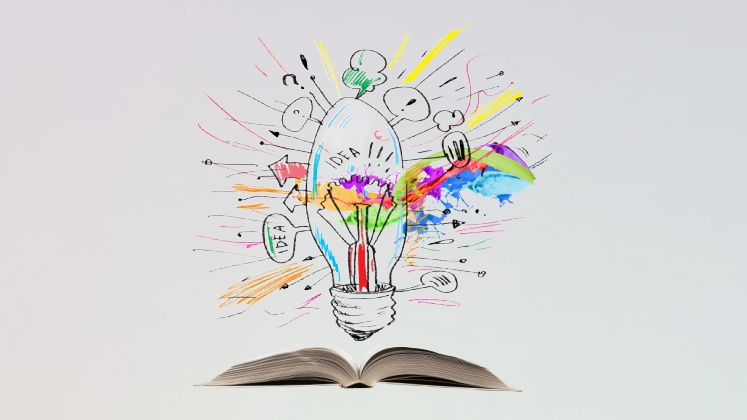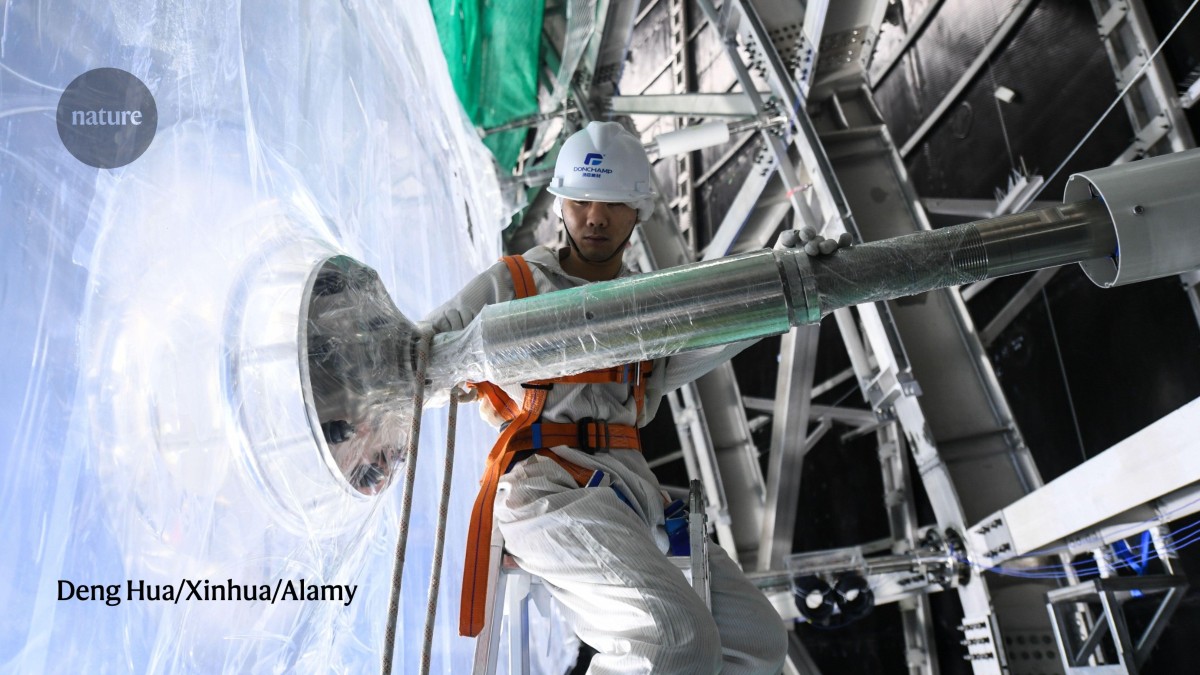Ig Nobel Prize Goes to Team Who Found Mammals Can Breathe Through Anuses

Send us a link


Initiative will coordinate research to “deliver significant health benefits”


To distance its science education systems from centurieslong British colonialism, India is leaning into its history and traditions—but at what cost?


Policymakers should communicate how science informs their values and priorities in weighing policy trade-offs.

Replacing research animals with tools that better mimic human biology could improve medicine.

Journalists can help scientists earn the public’s trust by pointing out when scientists are being responsive to alternative hypotheses and the public’s values.

A new report by the Hungarian Young Academy shows around 40% of early career researchers have experienced some form of negative consequence of the EU funding ban.

Drawing on a review of the published research into the societal impact of open science, Nicki Lisa Cole and colleagues find considerable evidence for the benefits of citizen science, but a much thinner evidence base for the impact of other aspects of open science. Their findings suggest that there is a greater need to consider how these impacts are monitored, and an opportunity to address open science as an inclusive practice, rather than simply a method of opening scientific outputs.

After meeting with counterparts in Washington DC, the US’s new SECURE Centre could be a model for Germany to follow.
Journals that do not charge authors or readers struggle with staffing and budgeting, study finds

Research assessments regularly focus on outstanding and unique achievements, rather than the everyday failures and disappointments associated with academic work. Discussing a recent self-assessment and annual research report at Maastricht University that took a more candid approach to failure, Sally Wyatt suggests that research culture can benefit from a more realistic appraisal of failure.
